detail profile delia scala
Peran Yang Di Mainkan Delia Scala
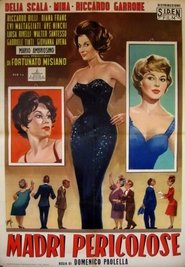 A great Party is given by...
A great Party is given by...Madri pericolose 1960
A great Party is given by the rich family of Improta. Every kind of intrigue gets around this party. The purpose of every plan is to find a husband or a wife with a quality: wealth.
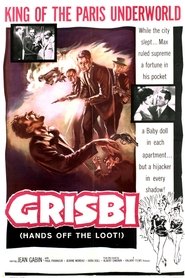 Gentleman gangster Max and his partner...
Gentleman gangster Max and his partner...Touchez Pas au Grisbi 1954
Gentleman gangster Max and his partner, Riton, pull off their last, most successful heist and find themselves comfortable enough to retire in the style they enjoy. However, Max confides the details of the theft to his younger mistress, Josey -- who has secretly taken up with ambitious young rival gangster Angelo. Angelo then has Riton kidnapped and demands the stash of gold as ransom, which threatens Max's dreams of the perfect retirement.
 The title of this French reality...
The title of this French reality...Before the Deluge 1954
The title of this French "reality" drama, which translates to Before the Deluge, is a play on Louis XVI's famous prognostication, "Apres moi, le deluge." Set in 1950, the film concentrates on five Parisian adolescents. Certain that the next war will herald the apocalypse, the youngster make plans to run off to a desert island and set up a new society. This, however, will require money, which is why the boys decide to pull off a "necessary" robbery. Idealism collapses in the face of cold reality, as the five youths suffer from the consequences of their actions. Avant le Deluge was one of a group of films cowritten by director Andre Cayatte and Charles Spaak which endeavored to explore the touchy social issues of the day: others in the Cayatte-Spaak canon include the euthanasia-themed Justice est Faite and the capital-punishment tract Nous sommes tous des assassins.
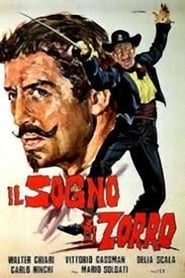 An old gentleman a direct descendant...
An old gentleman a direct descendant...The Dream of Zorro 1952
An old gentleman, a direct descendant of Zorro, has a single son named Raimundo in whom there is no trace of proud pride.
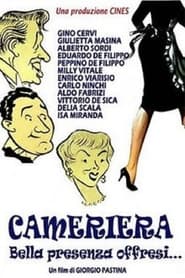 Maria is a housmaid and she...
Maria is a housmaid and she...Position Wanted 1951
Maria is a housmaid and she is being engaged to Berto for fifteen years. Berto has not a lasting job so he is waiting for the death of his uncle Matteo to come into an inheritance. In the meantime Maria goes on with her work, first in the house of an unfaithful wife; then for an actor and his wife on the verge of leaving each other and last for Raffaele who wants to marry her. At last uncle Matteo dies...
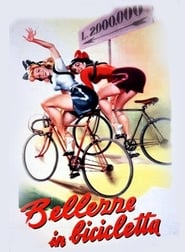 Two chorus girls leave Milan to...
Two chorus girls leave Milan to...Beauties on bicycles 1951
Two chorus girls leave Milan to get to the famous Totò's theatre company. Unfortunately the bus they are on breaks down and they ask for a lift, but the driver gets too fresh with them and they decide to continue the journey with any means of transport, including bicycles.
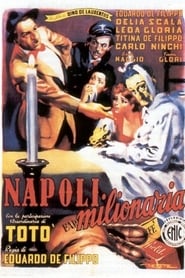 A combination of a satire on...
A combination of a satire on...Side Street Story 1950
A combination of a satire on war and a comedy with war as the background. It tells of the ordinary people living on a Naples sidestreet, from 1940 to 1950 under the dominance of the Fascists, the Nazis and then the Allies occupation forces. Primary among the citizens is Gennaro Iovine (Eduard De Filippo)who has a penchant for innocently getting into trouble, and his friend Pasquale (Toto.) The latter is a rail-sweeper who becomes a professional stand-in...a corpse used to conceal contraband...serving jail time for those who don't care to spend the time to do the time...a substitute at a political rally when violence threatens the scheduled speaker
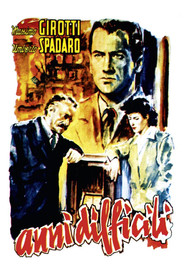 Aldo Piscitello a minor government clerk...
Aldo Piscitello a minor government clerk...Difficult Years 1948
Aldo Piscitello, a minor government clerk, is forced in 1934 to join the Fascist party. When the war comes, he finds himself able only to talk ineffectually in secret against Mussolini, even as his own son Giovanni is sent into battle. By the end of the war, Aldo has found the courage to stand up for his beliefs, but by then it is too late.
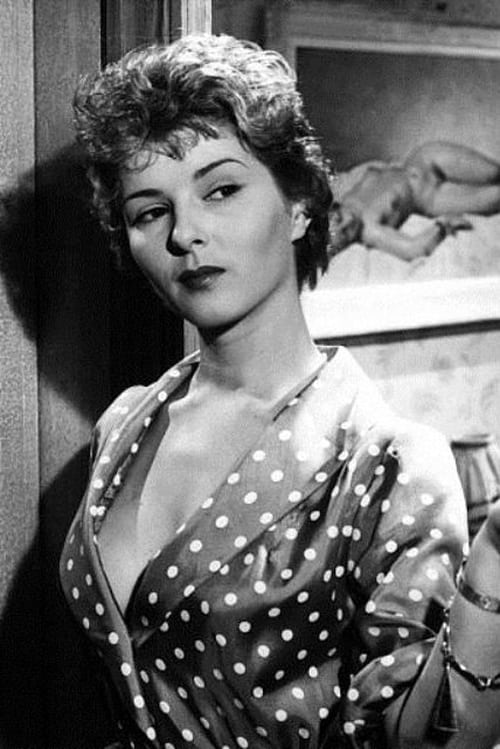
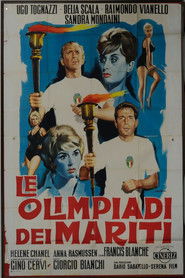
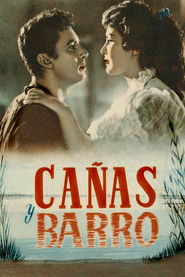 Province of Valencia Spain 19th century...
Province of Valencia Spain 19th century...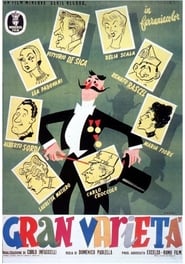 A musical comedy divided into five...
A musical comedy divided into five...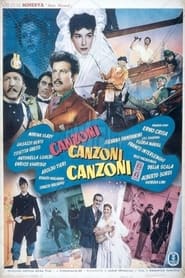
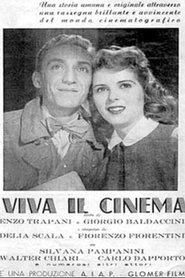 Tonino a young shy salesman engaged...
Tonino a young shy salesman engaged...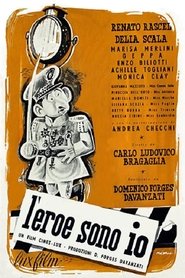
 The story of 5 girls among 200 who...
The story of 5 girls among 200 who...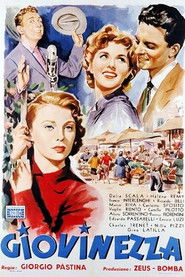
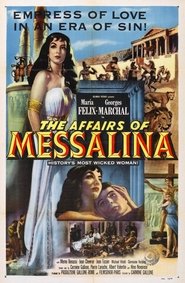 A story set in Rome of 44...
A story set in Rome of 44...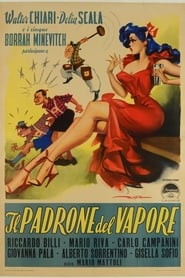 A rich American arrives in a...
A rich American arrives in a...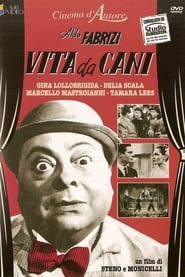 Tragicomedy telling of the trials and...
Tragicomedy telling of the trials and...